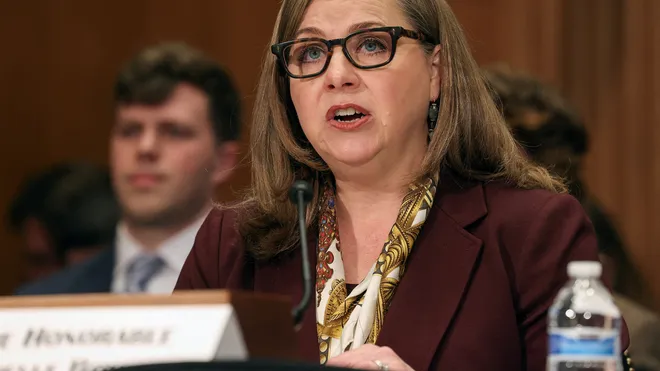The Credit For Caring Act, a new bipartisan legislation act will put money in the hands of almost 50 million Americans who serve as caregivers for family members.

The Credit for Caring Act was announced last month by Senators Shelley Capito, R- West Virginia, and Michael Bennet, D-Colorado
To be eligible under the Credit for Caring Act, a caregiver is an individual who has earned income for the taxable year over $7,500 and pays expenses for providing care to a spouse or dependents with long-term healthcare needs.
The Credit for Caring Act would refund family carers with up to $5,000 in non-refundable tax credits to cover up to 30% of qualified expenses that ensue above $2,000.
The Credit for Caring Act would help offset a portion of the cost of caregiving expenses such as home health aides, assistive technology, respite care, transportation, or others that support caregivers and their loved ones.
The Credit for Caring Act will help estimate more than 48 million Americans are caregivers
Americans provide some $600 billion in unpaid care yearly generally spending about $7,200 out of their own pockets.
The Credit for Caring Act would not require the caregiver and the family member to live in the same house but the costs must be acquired by the caregiver seeking the tax credit, not expenses paid for by the family member being cared for.
Read Also: Oklahoma Will Become The First State To Adopt A Caregiver Tax Credit



